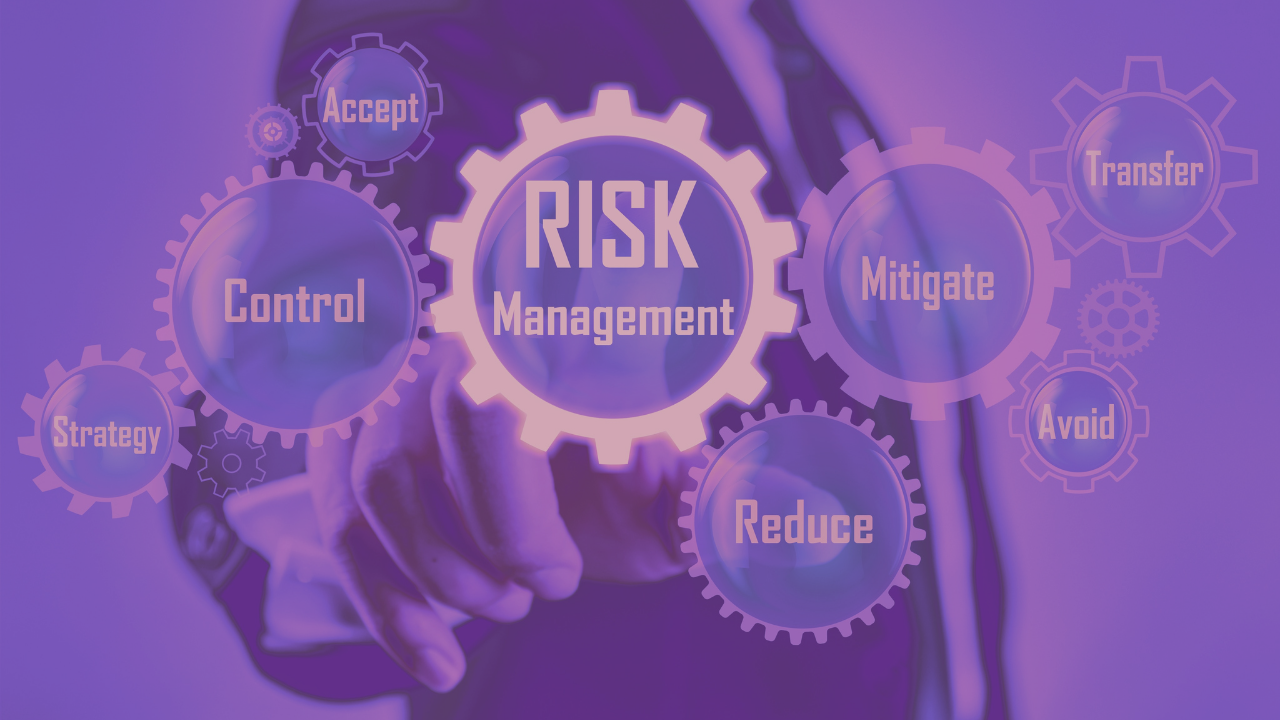In this volatile and ever-changing world, uncertainties might always pose a threat, especially for businesses. It is crucial to mitigate those threats, commonly known as the risk, to minimize the impact. To understand this matter in-depth, SBM ITB invited Arief Karna Miharja, S.Si., MSM, a risk management practitioner at a management investment company, as a guest lecturer for the Business Risk Analysis course on Friday (28/1/2022).
 In the session, Arief covered many topics related to Risk Management in Business, starting from the definition of risk and risk management to enterprise risk management (ERM) and how it could be implemented in a startup. According to Arief, the risk is related to something that is yet to happen but may occur in the future. It would also impact a business situation in the future, particularly related to the company’s strategic goal.
In the session, Arief covered many topics related to Risk Management in Business, starting from the definition of risk and risk management to enterprise risk management (ERM) and how it could be implemented in a startup. According to Arief, the risk is related to something that is yet to happen but may occur in the future. It would also impact a business situation in the future, particularly related to the company’s strategic goal.
“We usually perceive the term ‘risk’ negatively and think of it as a bad thing. Risk indeed comes from uncertainty, but it may have a positive or negative impact. It can adversely or beneficially affect an organization’s ability to achieve its objectives, depending on the risk management,” Arief said.
Risk Management is a systematic system that includes identification, assessment, prioritization of risk followed by coordinated and economical application of resources to minimize, monitor, and control risk. It is the next step a company should take after understanding risk. However, it must be noted that it is not a magic formula that always gives the correct answer. It is a way of thinking and working for better consideration in facing uncertainty, Arief warned, quoting from EU Risk Management Guide.
“With the implementation of risk management, the company can be more stable; with less ‘negative surprises.’ There are many cases where investors backed down their investment because the company’s risk management is insufficient; thus, it must be handled well,” Arief added.
Arief also explained essential aspects that need to be considered in risk management for startups. According to Arief, two main risks should be considered when starting a startup. The first is business risk. Because startups carry new concepts that are disruptive to the conventional business models, it is vital to assess their business risk in terms of its sustainability and success factors to achieve its strategic objective.
The second aspect is financial risk, or “the other side of the coin.” A startup must think about their funding, whether it comes from personal funds, family, friends, or investors, and the credit risk and the valuation, projections, and achievement risk.
“These two are the bare minimum, but company sustainability depends on them. From the beginning, a good company should have risk thinking, know the risk that matters and its highest impact on the company, and treat it systematically. Risk is not a one-time job; risk assessment must be conducted continuously and communicated to stakeholders,” Arief concluded.




